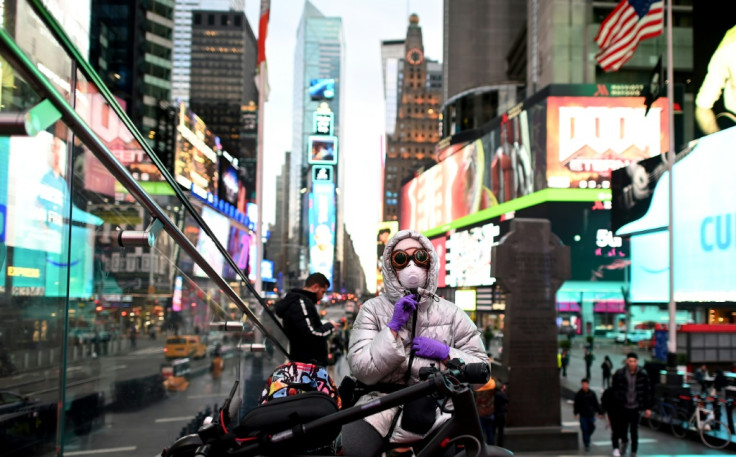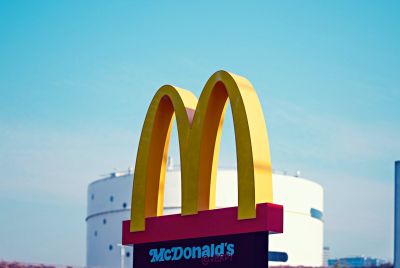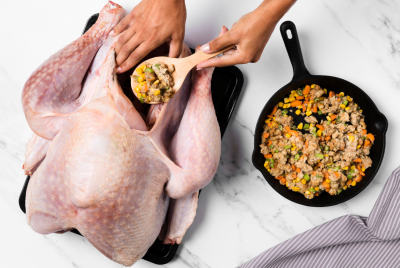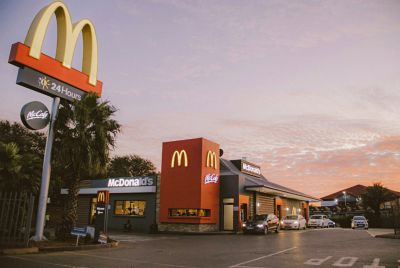British online retailers increase spending on advertising, inventory and software by 19%
UK online retailers have increased their spending on advertising, inventory and software in Q2 2023 driven by a 15 per cent YoY increase in inventory investment.

British online retailers have substantially increased spending on advertising, inventory and software in the second quarter of 2023 compared to the same period in 2022.
According to Juni, a financial platform created for digital commerce, the growth in spending has primarily been driven by a remarkable 15 per cent year-on-year increase in inventory investment, accounting for 21 per cent of the overall budget for online retailers in Q2 2023, up from 6.3 per cent in Q2 2022.
The report from Juni revealed that British online retailers spent 19 per cent more on ads, inventory and software in Q2 2023 than in Q2 2022. This increase in inventory spending can be ascribed to retailers' efforts to battle inflation and prepare for the expected boost in consumer demand during the fourth quarter of this year's peak shopping season.
The report pointed out the fact that online businesses are cautious when it comes to inventory investments. The survey revealed that businesses continued to prioritise inventory this quarter. Inventory spending accounted for 21 per cent of total spending in Q2 2023 and 18 per cent in Q1 2023.
Despite concerns about a possible recession, online businesses are being careful by hedging against inflation, likely by purchasing products now before it becomes more expensive, ahead of important shopping events in Q4 such as Black Friday and Christmas. As a result of this emphasis on inventory, advertising spend has decreased.
Samir El-Sabini, CEO and co-founder of Juni stated that despite a potential recession looming over the UK, online retailers are making significant investments in both inventory and software, as well as diversifying their advertising spend for continued growth. According to El-Sabini, with long supply lead times, eCommerce businesses that also distribute through wholesale must plan ahead.
E-commerce companies, El-Sabini further explained, are likely hoarding now in order to satisfy demand during important retail periods such as Black Friday and Christmas. This means that capital is trapped in inventory, causing liquidity limitations. Despite this, he stressed that the company's research shows that internet retailers in the UK remain confident in this challenging environment.
Advertising continues to dominate eCommerce business spending in the UK, accounting for 41 per cent of total spending. However, this has decreased by 29 per cent year on year from 69.8 per cent in Q2 2022. Furthermore, the report showed that money that was not spent on marketing was spent on inventory, accounting for 21 per cent of online retailers' overall budget in Q2 2022, up from 6.3 per cent a year previously.
Looking at quarter-to-quarter comparisons, the report discovered that average ad expenditure fell 2.68 per cent from an abnormal Q1 2023 in which consumers spent heavily on advertising, most likely due to the desire to sell stock that was not sold in Q4 2022 due to market contraction.
Overall, the report disclosed that British internet businesses continue to spend heavily on advertising, with figures somewhat higher than in the fourth quarter of last year, which is generally the busiest.
Although Meta (formerly Facebook) remains the dominant platform, the report indicated that Google is on the rise as eCommerce businesses diversify their ad expenditure. British internet retailers are diversifying their advertising budget, the report added.
In the second quarter of 2022, Meta and Google collected 87.3 per cent of all ad spend. This has plummeted to 83.7 per cent for Q2 2023 as other platforms, notably mobile-first ones like Snapchat and TikTok, gain market share.
Additionally, Microsoft's ad share increased from 0.3 per cent in Q2 2022 to 1.5 per cent in Q2 2022. This was most likely motivated by the excitement surrounding OpenAI's ChatGPT, which powers Bing. However, Microsoft's stake has recently dropped to 0.6 per cent in Q2 2023, indicating a decline in interest.
Snapchat's ad share has remained almost unchanged year on year (0.55% in Q2 2022 vs. 0.52% in Q2 2023). However, the percentage of spend has returned from a steep decline to 0.17 per cent in Q4 2022 because customers use the platform more throughout the summer.
The report also revealed that software investment increased by 60 per cent in Q2 2023 compared to Q2 2022. As businesses prioritise sales and marketing automation solutions ahead of the busy fourth quarter, top-performing platforms included LinkedIn, Shopify and Klaviyo.
© Copyright IBTimes 2025. All rights reserved.






















